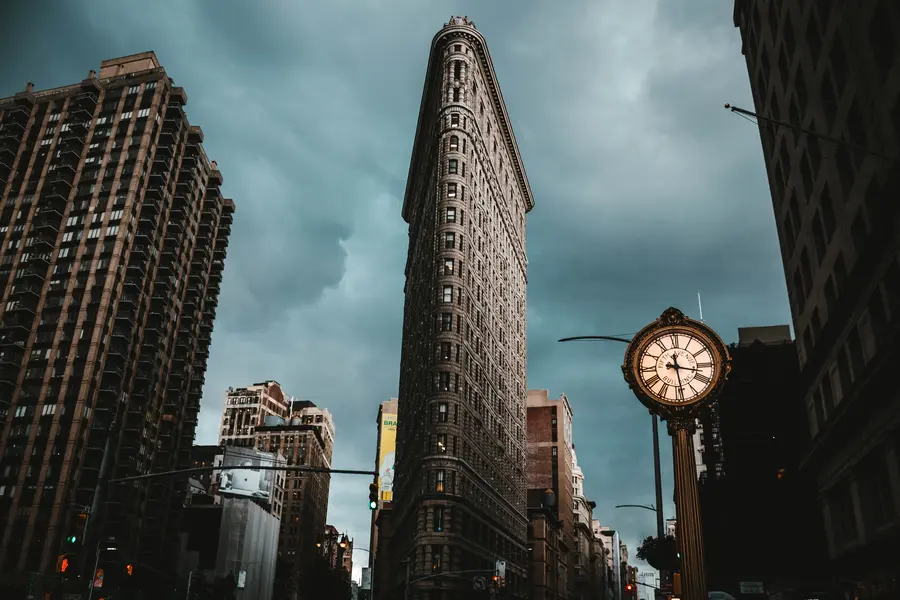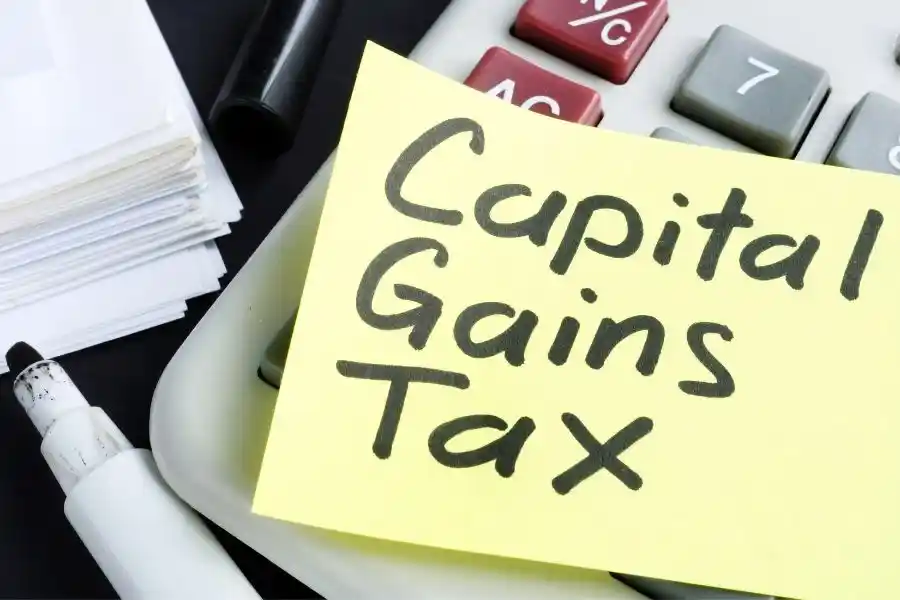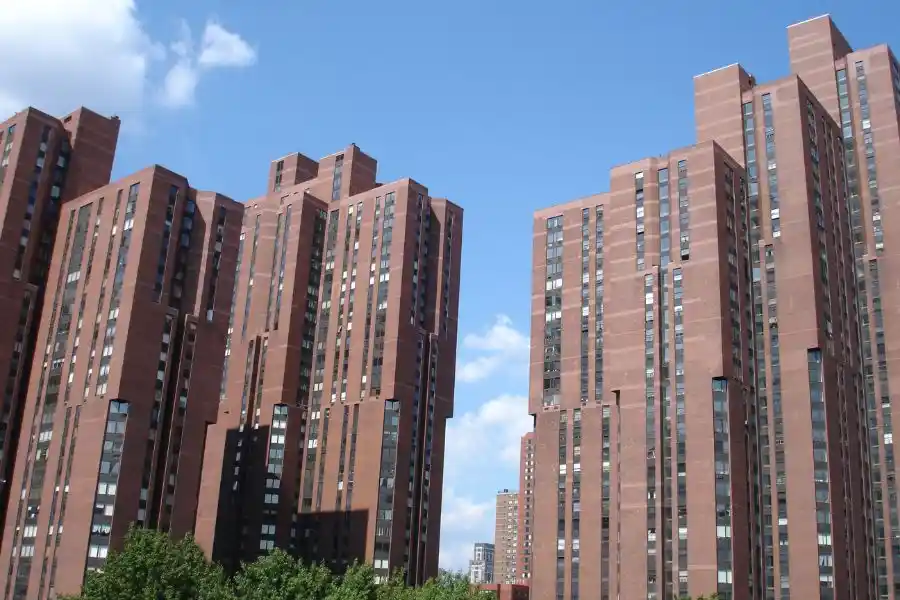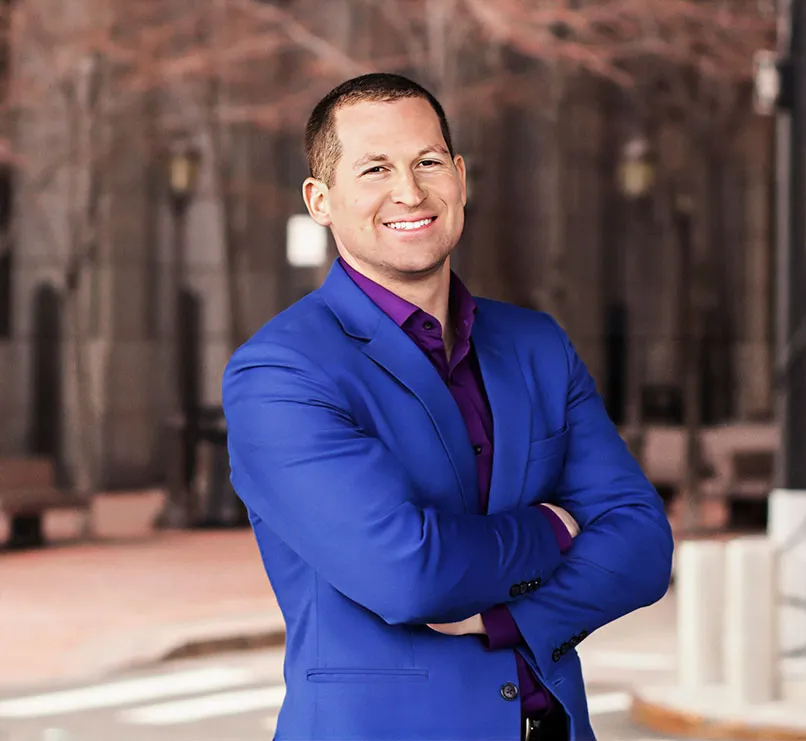If you have come across this term for the first time, it’s natural to wonder – how do air rights work in NYC? They are not a phenomenon unique to NYC but it’s certainly one of the most famous US cities for it, primarily because of its vertical nature and massive concentration of high-rises.
Air Rights in NYC
It’s important to understand the Floor Area Ratio (FAR) before we look into air rights. In NYC, all lots in a specific zone have to adhere to the zone’s FAR requirement. The FAR is basically how much can be built on the lot based on its size. This limits/controls how much a building can go vertically up.
So if you have a 40-foot by 100-foot lot (total area: 4,000 square feet) and the zone this lot is in allows a FAR of 3. The maximum allowed buildable area for the building is:
4,000 x 3 = 12,000
That might translate to a specific number of floors you can build on that lot, say 14 floors. But if you only build about six floors on that lot, you have a lot of unused/unbuilt areas. You legally own it because it’s above your building and on your lot.

What Can You Do With Air Rights in NYC?
If a building owner has air rights, they can expand their building (vertically) until they hit their limit. Or they can transfer the air rights to another building that might want to go up but have already hit its limits. There are several rules governing these kinds of transfers but they are allowed. Some New York City brokers even specialize in this kind of transactions and transfers.
Must Read: The Process of Identifying A Building’s Air Rights in NYC












